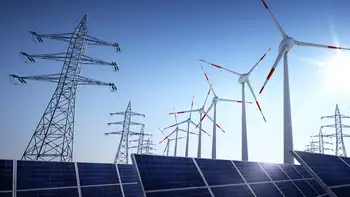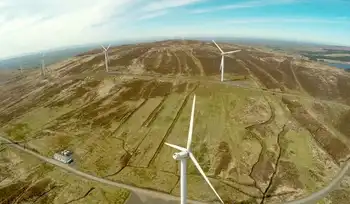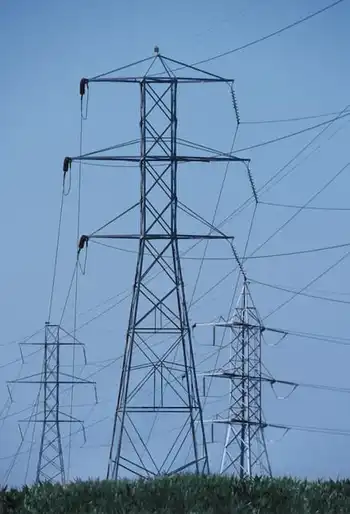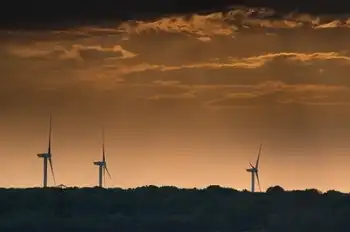Wind Denmark - summer's autumn weather provides extraordinarily low electricity prices
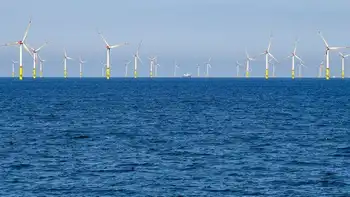
Arc Flash Training CSA Z462 - Electrical Safety Essentials
Our customized live online or in‑person group training can be delivered to your staff at your location.

- Live Online
- 6 hours Instructor-led
- Group Training Available
Western Denmark Negative Electricity Prices stem from wind energy oversupply, grid congestion, and limited interconnector capacity via Nord Pool and TenneT, underscoring electrification needs, renewable integration, special regulation, and system flexibility.
Key Points
They are sub-zero power prices from wind oversupply, weak interconnectors, low demand, and balancing needs.
✅ Caused by high wind output, low demand, and export bottlenecks
✅ Limited Nord Pool interconnector capacity depresses prices
✅ Special regulation and district heating absorb excess power
A downturn in the cable connection to Norway and Sweden, together with low electricity consumption and high electricity production, has pushed down European electricity prices to a negative level in Western Denmark.
A sign that the electrification of society is urgently needed, says Soren Klinge, head of electricity market at Wind Denmark today.
The heavy winds during the first weekend of July, unlike periods when cheap wind power wanes in the UK, have not only had consequences for the Danes who had otherwise been looking forward to spending their first days at home in the garden or at the beach. It has also pushed down prices in the electricity market to a negative level, which especially the West Danish wind turbine owners have had to notice.
'The electricity market is currently affected by an unfortunate coincidence of various factors that have a negative impact on the electricity price: a reduced export capacity to the other Nordic countries, a low electricity consumption and a high electricity generation, reflecting broader concerns over dispatchable power shortages in Europe today. Unfortunately, the coincidence of these three factors means that the price base falls completely out of the market. This is another sign that the electrification of society is urgently needed, 'explains Soren Klinge, electricity market manager at Wind Denmark.
According to the European power exchange Nord Pool Spot, where UK peak power prices are also tracked, the cable connection to Sweden is expected to return to full capacity from 19 July. The connection between Jutland and Norway is only expected to return to full capacity in early September.
2000 MWh / hour in special regulation
During the windy weather on Monday morning, July 6, up to 2000 MWh / hour was activated at national level in the form of so-called special regulation. Special regulation is the designation that the German system operator TenneT switches off Danish electricity generation at cogeneration plants and wind turbines in order to help with the balancing of the German power system during such events. In addition, electric boilers at the cogeneration plants also contribute by using the electricity from the electricity grid and converting it to district heating for the benefit of Danish homes and businesses.
'The Danish wind turbines are probably the source of most of the special regulation, because there are very few cogeneration units to down-regulate electricity generation. Of course, it is positive to see that we have a high degree of flexibility in the wind-based power system at home. That being said, Denmark does not really get ahead with the green transition, even as its largest energy company plans to stop using coal by 2023, until we are able to raise electricity consumption based on renewable energy.





